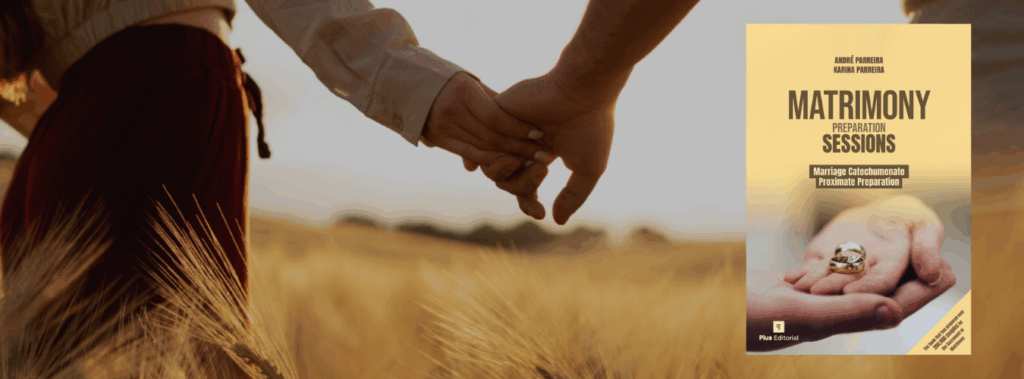Yes, it is true. For the first time in the history of magisterial documents on the Preparation for Marriage, there is a recommendation regarding the duration of the stages.
And specifically speaking of the Marriage Catechumenate (still commonly known as “engaged couples’ courses” or premarital course), paragraphs 24 and 48 of the recently published document Catechumenal Pathways for Married Life (CPML) explicitly recommend that the Proximate Preparation should last about one year.
For many, this comes as a great surprise or even as something intimidating. I often notice this in the expressions of both laypeople and priests when I present these recommendations in training sessions.
However, although the information about the duration is new, the idea of a longer marriage catechumenate is not recent. In several earlier documents, the Church had already spoken of a preparation process lasting several months and, at the same time, asked that it not be something condensed into just very few meetings.
Moreover, there is also evidence that Saint John Paul II, then Bishop Karol Wojtyła, was already promoting preparation for Marriage with a year-long accompaniment of couples in Kraków — and this was in the late 1960s!
But here arises a question: does this mean a full year of formal catechumenal sessions? Not exactly.
The new document of the Holy See suggests the combination of formative sessions and moments of integration into ecclesial life. This combination is what constitutes the concept of a catechumenate. In addition to the formative sessions, which can be fulfilled within a few months, it is expected that the experiential part will make up the remainder of this estimated one-year period. This is the time to awaken couples to the life of prayer and a sense of belonging and ecclesial involvement. “Candidates for marriage should be gradually introduced to Christian prayer – individual, communal, and as a couple” (CPML, 49).
Thus, when the Church speaks of one year, it does not necessarily refer to an extensive formation course. The mention of about a year of accompaniment and pastoral closeness, even if the formative meetings are conducted over a shorter period — whether monthly, biweekly, or at any other frequency (since the Church does not specify a particular frequency).
However, for couples to approach the parish in time to complete a full year of the Proximate Stage – in addition to a few more months for the Immediate Stage – a kind of “cultural shift” is needed, so that seeking the marriage catechumenate precedes the decision to get married and, of course, the formal engagement. It is necessary widespread outreach and to engage in dialogue with all movements and ministries, recommending to the couples they are in contact with that they see the marriage catechumenate as a support for maturing their relationship and enabling genuine discernment.

